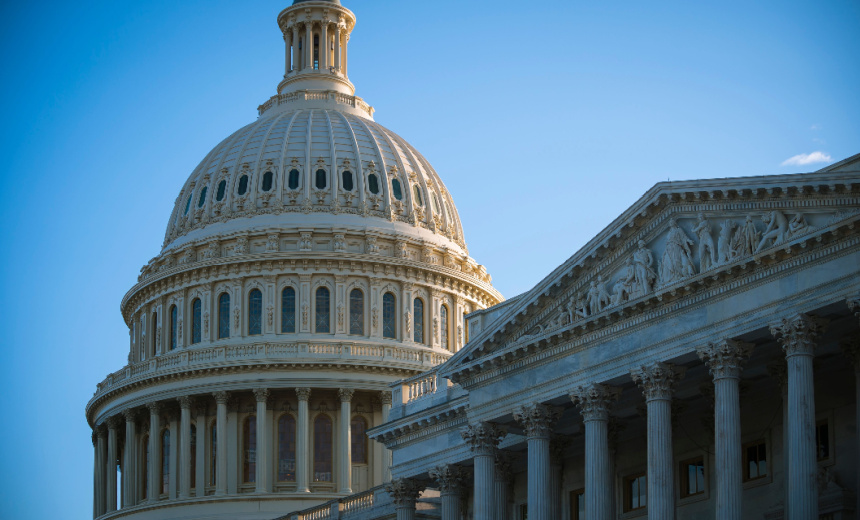Government,
Industry Specific,
Next-Generation Technologies & Secure Development
Lawmakers Propose Renewing Cyberthreat Sharing Law Amid Government Shutdown Issues

Recent legislative developments may restore a critical framework for sharing cybersecurity information as the U.S. government prepares to reopen following a six-week shutdown. This framework, known as the Cybersecurity Information Sharing Act (CISA) of 2015, is integral for businesses aiming to exchange real-time data on cyber threats.
The CISA law lapsed simultaneously with the government shutdown on October 1, 2025, nullifying legal protections that facilitated the sharing of cybersecurity threat intelligence via the Department of Homeland Security. An initial analysis suggests that despite assurances from lawmakers about the continuity of threat information flow, the expiration of CISA triggered a significant concern among cybersecurity analysts. Many emphasized that vulnerabilities in existing communication channels during the shutdown created an urgent situation that needed addressing.
Senate legislation passed on Monday aims to reinstate CISA 2015 until January 30, 2026, effectively reestablishing liability protections, antitrust safeguards, and Freedom of Information Act exemptions for participating firms. Experts express optimism that this temporary extension will allow lawmakers to negotiate a more robust long-term solution. Louis Eichenbaum, federal chief technology officer at ColorTokens, remarked that renewing CISA is essential not just for policy but as a matter of national security.
Industry insiders have voiced concerns that without legal protections, companies may view participation in information-sharing initiatives as fraught with risks, particularly in today’s litigious landscape. Errol Weiss, chief security officer at the Health Information Sharing and Analysis Center, noted that fears of legal repercussions could deter firms from sharing vital information. This sentiment was echoed by numerous stakeholders as the shutdown unfolded.
To end the shutdown, the House of Representatives must vote on the proposed legislation. A vote is expected on Wednesday, with a Republican majority anticipated to provide support. The legislation’s fate will return to the contentious debate over whether to approve a simple reauthorization or to incorporate necessary updates to address evolving threats, such as those associated with artificial intelligence.
Supporters of CISA emphasize that this legislative hiatus presents a unique opportunity for upgrades. They argue that the original act does not sufficiently compel government agencies to act on shared intelligence or offer measurable performance metrics. Kevin Greene, chief cybersecurity technologist for the public sector at BeyondTrust, has urged lawmakers to realize the necessity for modernization of the threat intelligence framework to better respond to an evolving threat environment.